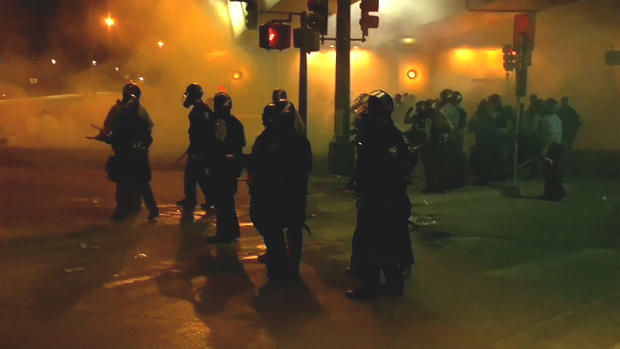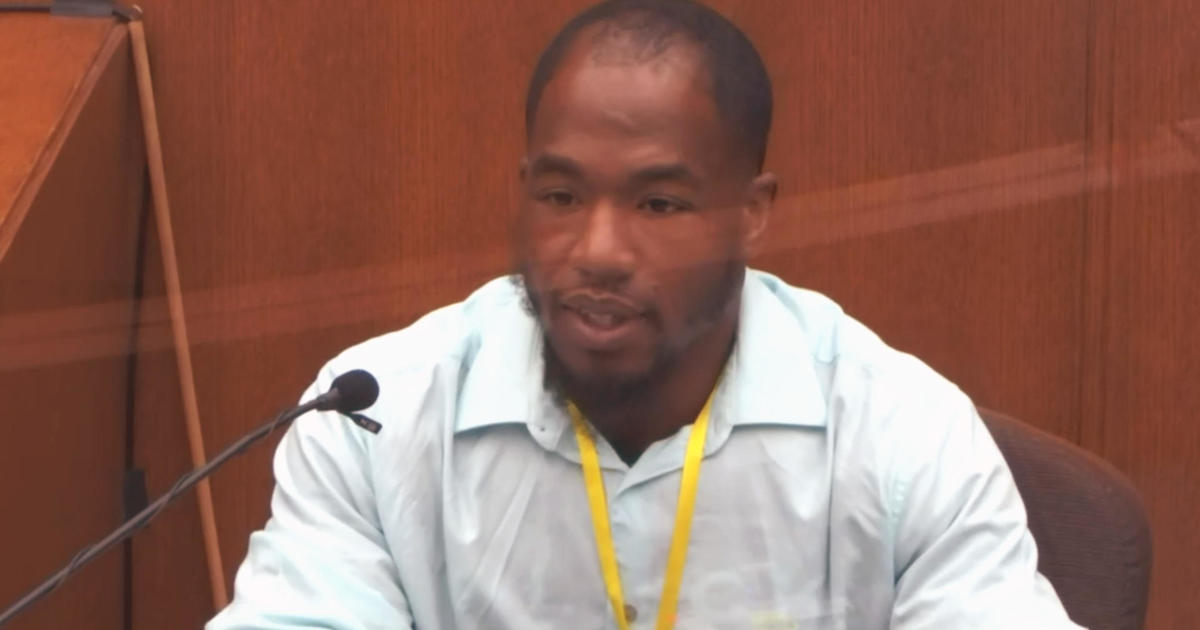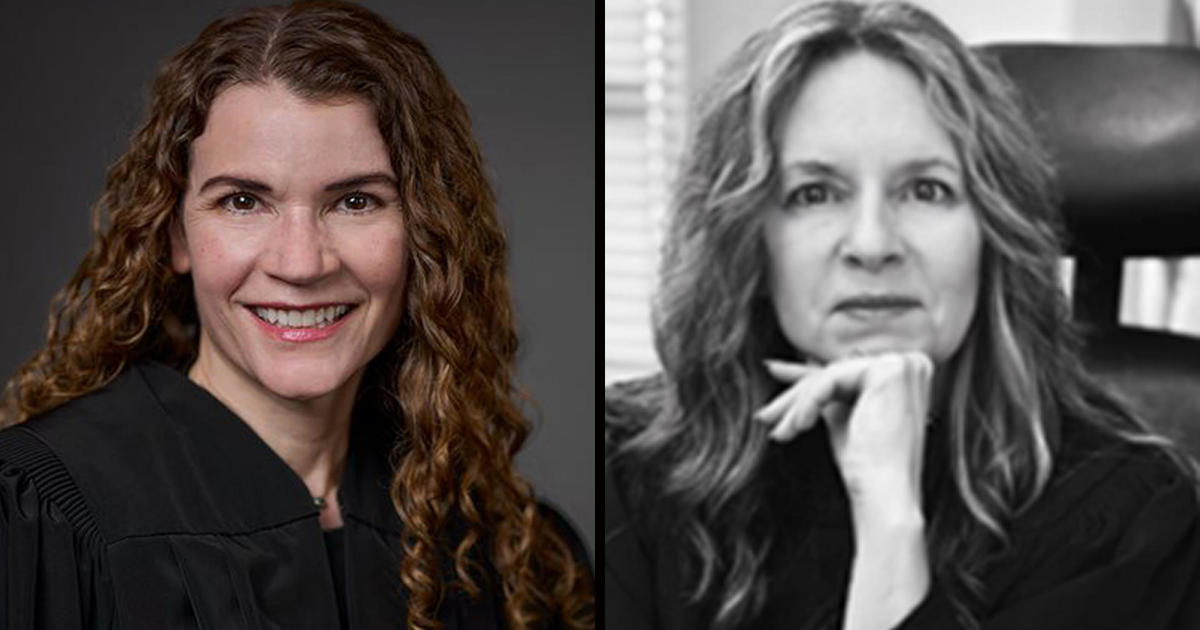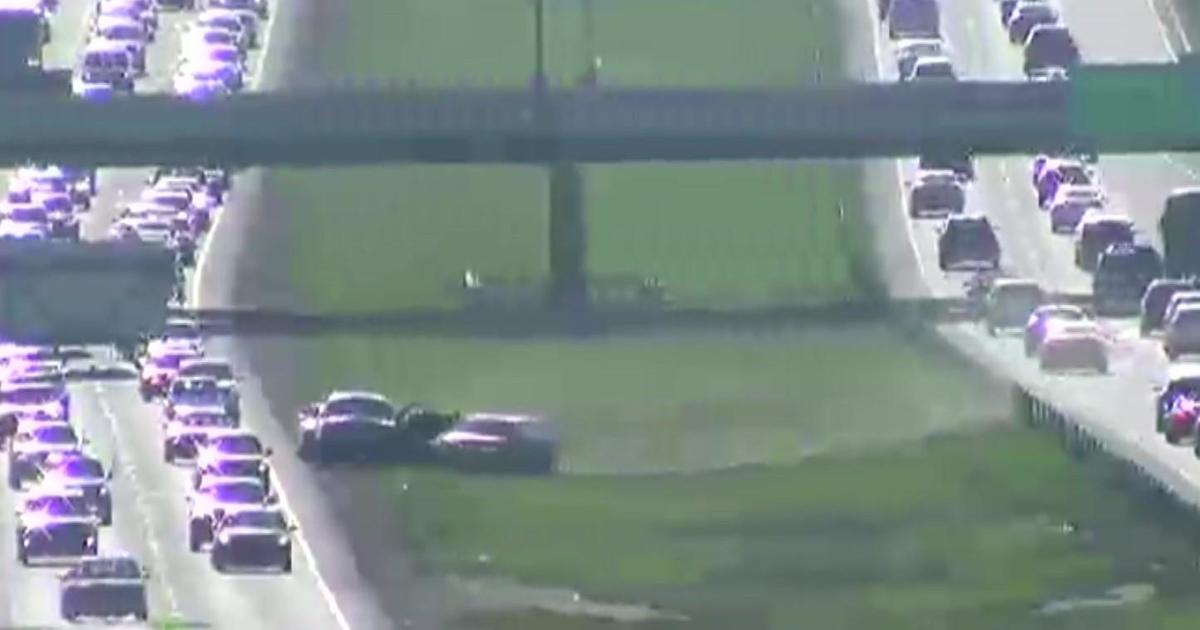Battle Looms At Capitol Over Security Costs For George Floyd Trials
St. Paul, Minn. (WCCO) -- Republicans and Democrats are deeply divided over Gov. Tim Walz's plan to cover added security costs triggered by the impending trials of the ex-officers charged with George Floyd's death, teeing up a larger battle at the Minnesota Capitol over how the state should handle responding to civil unrest.
Walz is asking the legislature to approve -- with speed -- $35 million for a special fund dubbed the "SAFE" account, designed to reimburse local governments whose officers may be dispatched to help with heightened security needs or emergency response. Overtime costs, logistical needs and damaged or destroyed equipment would be among the items eligible for cost assistance.
The governor and Minnesota Department of Public Safety Commissioner John Harrington framed the proposal during a news conference Wednesday as an ongoing fund that would benefit all of Minnesota in the event of an emergency down the line, but the idea came with the trials for Floyd's killing in mind.
"If history is any indication here, these [trials] can be incredibly volatile," Walz said. "If we're not able to put this account in place, it hampers plans that have been being made for these trials for months."
Derek Chauvin, whose kneeling on Floyd's neck sparked a global outcry, is set to begin his trial March 8. In a letter to lawmakers dated Jan. 20, Walz asked the legislature to approve his plan by Feb. 8 in an effort to "catalyze the resources necessary to keep our state safe as we face current and future potential unrest in our communities."
RELATED: Newly Released Video Shows Ex-Officers Charged In George Floyd's Death Performing Similar Maneuver
But it's clear that the $35 million in funding won't get the needed approval of Republicans, at least how the bill is written right now. GOP lawmakers are condemning the plan as a "bailout" for Minneapolis, which has seen a reduction in officer staff. Rep. Anne Neu Brindley, R-North Branch, spoke out during a House GOP news conference ahead of Walz's briefing with reporters.
"Now we put all of Minnesota on the hook for bad decisions being made in the city of Minneapolis," Brindley said.
Republican Senate Majority Leader Paul Gazelka, who holds the power in the chamber, echoed those comments. In a statement, he said his caucus would announce its own plan for mutual aid reimbursement, though he didn't provide specifics. He did suggest using money from the general fund would not be part of the plan.
"We are not going to bail out Minneapolis City Council after they have made cuts to the public safety budget," Gazelka said. "Actions to defund the police have consequences."
Commissioner Harrington said the SAFE account was born out of conversations with law enforcement leaders across the state, including small-town police chiefs in greater Minnesota, who were looking for assurance of how their agencies would be "made whole" if they came to help.
The $35 million price tag right now is a "good faith estimate" of what the costs could be in response to the trials if the outcome is anything like "what we had to do in June," Harrington said.
But Walz added that his "biggest hope is we don't to use a penny if we don't have to."
Separately, there is an effort underway by Senate Republicans to pass a bill that would exclude "civil unrest" as qualifying for state disaster aid funds. The move would block Hennepin County from spending $12.5 million in funds Walz approved to help cover fire damage from protests.
Republicans have similarly drawn on the Minneapolis "bailout" theme when pushing for passage of that bill. They say the disaster relief fund is designed for emergencies like floods and tornados, not civil unrest, while Democrats have derided the Republican argument as divisive.
There is also discussion of making permanent increased security at the capitol grounds, including the fence that's surrounded the capitol building since the end of May of 2020 after Floyd's death.




